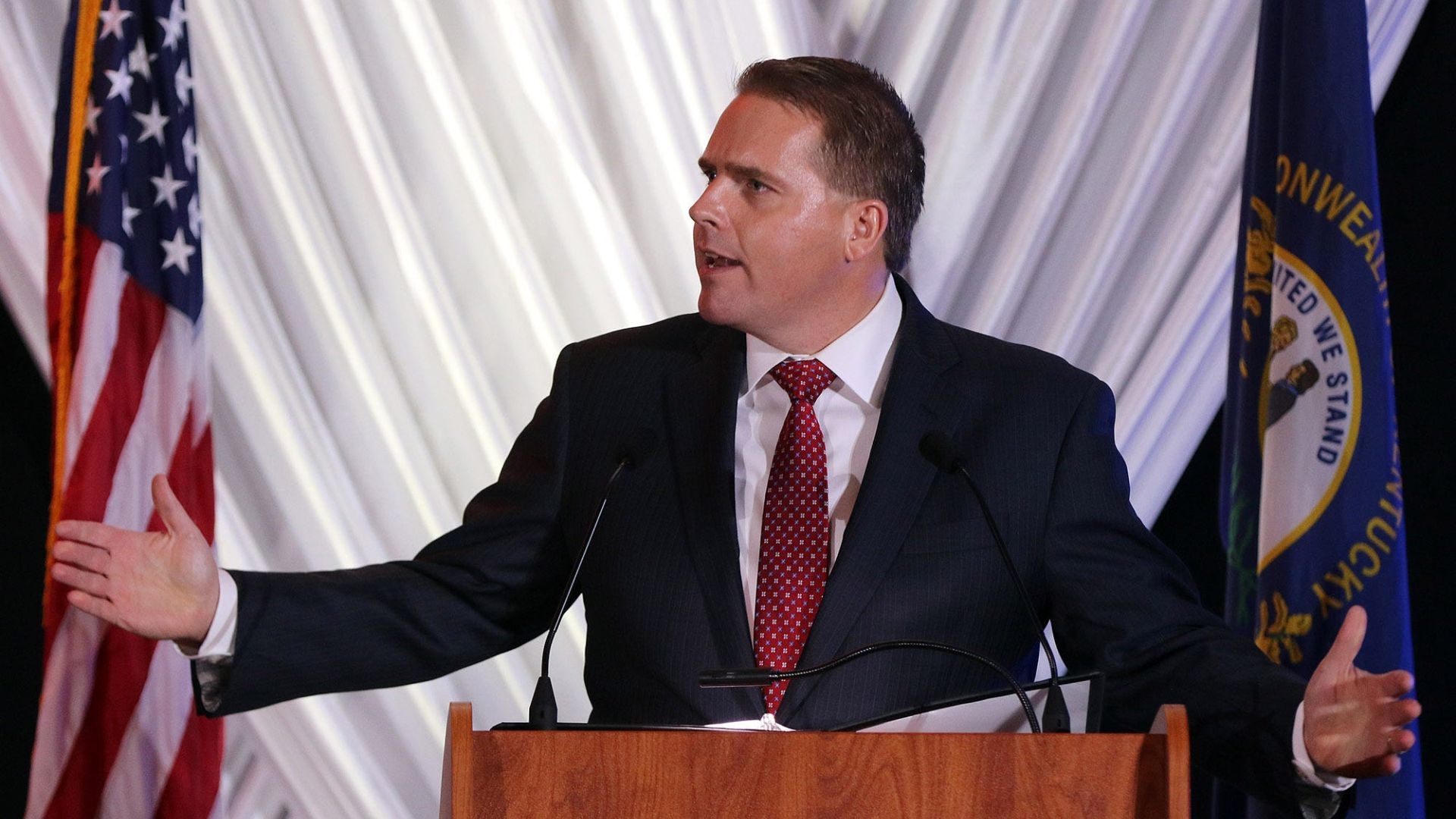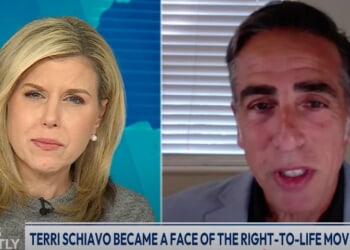
A federal judge on Thursday issued a preliminary injunction blocking the implementation of a portion of President Donald J. Trump’s recent executive order that would require individuals to provide proof of U.S. citizenship when registering to vote using federal forms.
The ruling, issued by U.S. District Judge Colleen Kollar-Kotelly of the District of Columbia, temporarily stops federal election officials and agencies from enforcing parts of the executive order as legal challenges move forward.
President Trump signed the executive order last month as part of an effort to strengthen election integrity ahead of the 2026 midterm elections.
Trump’s Sovereign Wealth Fund: What Could It Mean For Your Money?
The order directed federal agencies and the U.S. Election Assistance Commission (EAC) to revise voter registration procedures to ensure that only U.S. citizens are added to the rolls.
Under the blocked provisions, the EAC would have been required to update the federal voter registration form to include mandatory documentation—such as a passport, birth certificate, or other government-issued proof of citizenship.
In addition, federal agencies would have been required to verify an individual’s citizenship status before issuing them voter registration materials.
In her opinion, Judge Kollar-Kotelly wrote, “Our Constitution entrusts Congress and the States — not the President — with the authority to regulate federal elections.”
This Could Be the Most Important Video Gun Owners Watch All Year
The ruling emphasized that changes to federal election processes must originate from either Congress or individual states, not through executive action.
The lawsuit that led to Thursday’s injunction was filed by several voting rights organizations and Democrat-aligned advocacy groups, who argued that the order exceeded presidential authority and would suppress voter participation.
The ruling prevents the Election Assistance Commission from altering its standardized voter registration form to require proof of citizenship.
It also bars federal agencies from executing the order’s directive to screen citizenship status before issuing registration forms.
Legal experts note that the injunction is temporary and does not represent a final judgment on the legality of the executive order.
The case is expected to proceed through additional hearings and may ultimately reach the Supreme Court.
President Trump has argued that the executive order is necessary to preserve the integrity of U.S. elections and prevent non-citizens from illegally casting votes in federal contests.
Supporters of the order say that requiring proof of citizenship is a basic safeguard and aligns with the will of the American electorate.
Commentary on the ruling has been swift.
CNN political commentator Scott Jennings described the decision as part of a broader constitutional standoff. “We are in a constitutional crisis, but of the Democrats’ own making,” Jennings said. “We have these activist judges who think they can dictate powers that are specifically delegated to the executive.”
Jennings added that federal district judges have increasingly issued nationwide injunctions that restrict presidential authority in areas like immigration and military policy.
“If there is a challenge, let the Supreme Court handle it,” Jennings said.
“In the interim, the executive must be allowed to govern.”
🚨 Federal judge has blocked President Trump’s efforts to require proof of citizenship to register to vote
The objective is clear: nullify the election results and stall Trump until 2028. This is the REAL constitutional crisis. pic.twitter.com/7i1KhuutWI
— Scott Jennings (@ScottJenningsKY) April 24, 2025
The Trump administration has not yet announced whether it will appeal the ruling, but White House officials have indicated they are reviewing the decision and preparing to defend the executive order in court.
Connect with Vetted Off-Duty Cops to Instantly Fulfill Your Security Needs

![Scott Jennings Drops Truth Bomb on CNN’s Economic Hysteria [WATCH]](https://www.right2024.com/wp-content/uploads/2025/03/1742017824_Scott-Jennings-Drops-Truth-Bomb-on-CNNs-Economic-Hysteria-WATCH-750x375.jpg)
![NYC Tourist Helicopter Falls into Hudson River, Siemens Executive and Family Among Those Killed [WATCH]](https://www.right2024.com/wp-content/uploads/2025/04/NYC-Tourist-Helicopter-Falls-into-Hudson-River-Siemens-Executive-and-350x250.jpg)







![Green Day’s Cringe Trump Diss Ends in Fire and Evacuation [WATCH]](https://www.right2024.com/wp-content/uploads/2025/04/Green-Days-Cringe-Trump-Diss-Ends-in-Fire-and-Evacuation-350x250.jpg)
![Trump’s White House Trolls Illegal Alien Gangs With Hilariously Brutal Video [WATCH]](https://www.right2024.com/wp-content/uploads/2025/03/1742261427_Trumps-White-House-Trolls-Illegal-Alien-Gangs-With-Hilariously-Brutal-350x250.jpg)





